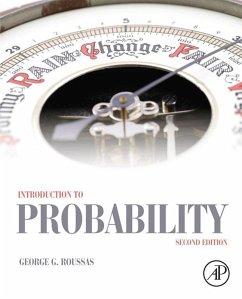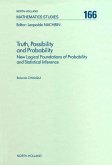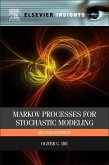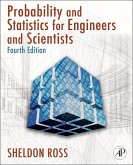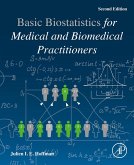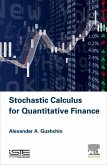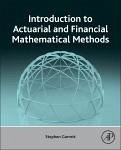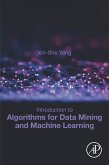This edition demonstrates the applicability of probability to many human activities with examples and illustrations. After introducing fundamental probability concepts, the book proceeds to topics including conditional probability and independence; numerical characteristics of a random variable; special distributions; joint probability density function of two random variables and related quantities; joint moment generating function, covariance and correlation coefficient of two random variables; transformation of random variables; the Weak Law of Large Numbers; the Central Limit Theorem; and statistical inference. Each section provides relevant proofs, followed by exercises and useful hints. Answers to even-numbered exercises are given and detailed answers to all exercises are available to instructors on the book companion site.
This book will be of interest to upper level undergraduate students and graduate level students in statistics, mathematics, engineering, computer science, operations research, actuarial science, biological sciences, economics, physics, and some of the social sciences.
- Demonstrates the applicability of probability to many human activities with examples and illustrations
- Discusses probability theory in a mathematically rigorous, yet accessible way
- Each section provides relevant proofs, and is followed by exercises and useful hints
- Answers to even-numbered exercises are provided and detailed answers to all exercises are available to instructors on the book companion site
Dieser Download kann aus rechtlichen Gründen nur mit Rechnungsadresse in A, B, BG, CY, CZ, D, DK, EW, E, FIN, F, GR, HR, H, IRL, I, LT, L, LR, M, NL, PL, P, R, S, SLO, SK ausgeliefert werden.

